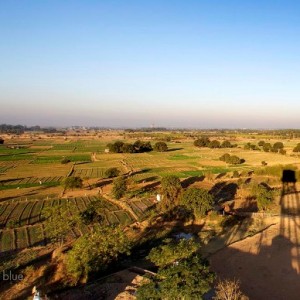The Stream, March 27: Barriers to Reclamation of Canada’s Tar Sand Areas
Scientists have called into question the viability of wetland ecosystems recreated on land used for oil sands mining in Canada, saying they do not function as well as before, Yale Environment 360 reported. None of the areas reclaimed by oil companies have yet been certified as meeting government standards, and reclamation efforts can cost as much as $13 billion.
Agriculture
A private company in Australia has proposed plans for an irrigation system in Queensland that would take 555,000 megaliters of water annually from the Gilbert River, making it one of the largest in the country, ABC reported. The project would cost $2 billion and would be used to supply water to sugar cane plantations.
Water Supply
Authorities in Russia and Crimea are trying to quickly remedy the peninsula’s dependence on Ukraine for electricity and water, the Associated Press reported. Ukraine controls much of Crimea’s water supply, but though it is still arguing that Crimea is part of its territory, Ukraine is unlikely to cut off supplies and harm residents, experts say.
Construction has begun on the second phase of the Lesotho Highland Water Project, which will provide 5 billion additional cubic meters of water to South Africa by 2022, Bloomberg News reported. The project will also create more hydropower capacity for Lesotho.
A series of photographs published by Xinhua shows the Chuanqian Reservoir severely diminished by drought in China’s Guizhou Province. The reservoir is the sole source of drinking water for the province’s Fenggang County, and the dropping water levels will affect more than 60,000 people, according to the news agency.
The Stream is a daily digest spotting global water trends. To get more water news, follow Circle of Blue on Twitter and sign up for our newsletter.
A news correspondent for Circle of Blue based out of Hawaii. She writes The Stream, Circle of Blue’s daily digest of international water news trends. Her interests include food security, ecology and the Great Lakes.
Contact Codi Kozacek







Leave a Reply
Want to join the discussion?Feel free to contribute!